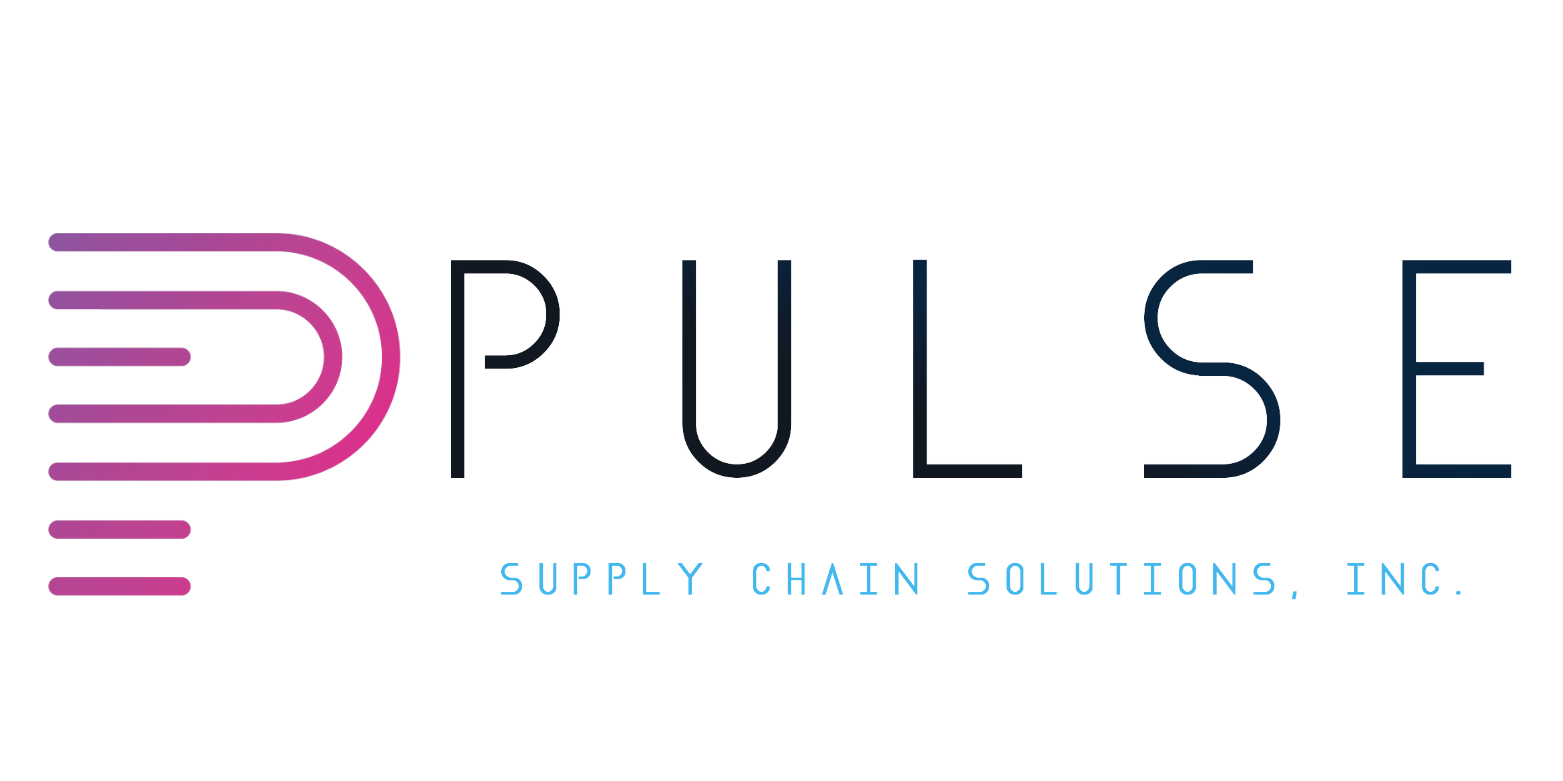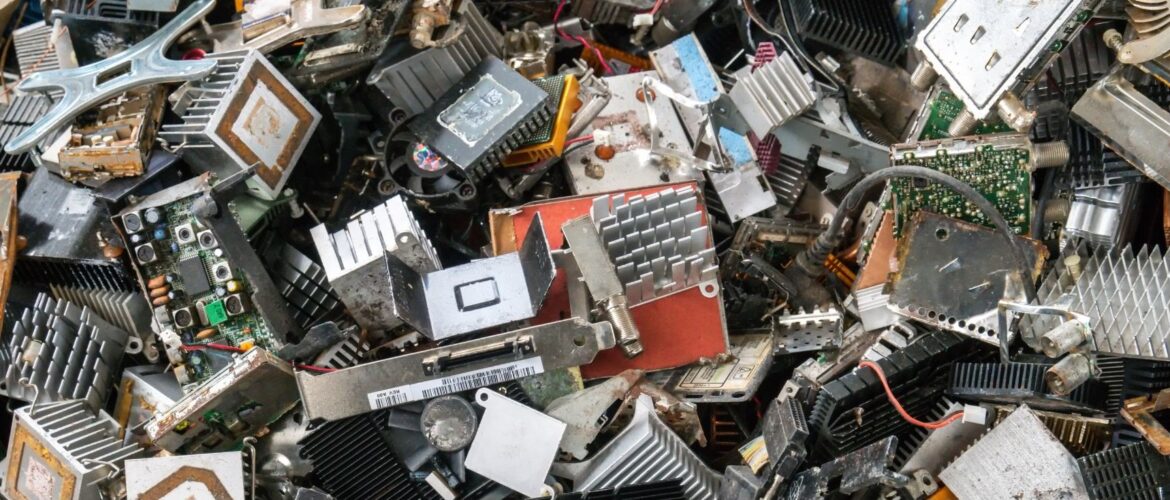The advancement of technology has changed the world for the better in unfathomably vast ways, even in just the past couple decades. From the largest companies down to the individual, we are more connected, more informed, and more capable than ever before. However, every advancement comes with a potential impact to the environment and long-term health of the planet and all who live on it. While the concept of Electronic Waste, or E-Waste, is nothing new – its importance has been discussed as far back as the 1970’s – the ubiquity, necessity, and relative affordability of technology has shifted this discussion from rising concern to critical emergency. In short, managing electronic waste matters, and it’s the responsibility of those who use those electronics, especially businesses and organizations, to take the lead in responsible e-Waste practices.
What is e-Waste and how is it different from other waste?
e-Waste is the waste or disposal of electronic devices that are no longer operable or wanted, or that are simply nearing the end of their life cycle. This can include everything from simple household appliances such as washers or desk fans, to complex electronics such as smartphones, laptops, IT servers, or radio imaging machines. Unsold electronics piling up on store and warehouse shelves can also become e-Waste, as unsold goods may eventually be discarded as is. While all waste is bad, e-Waste is different for a few reasons:
- Many electronics contain rare metals or other materials which are toxic and can contaminate soil and water supplies if disposed of improperly.
- Our supply of those same rare materials may either be finite or themselves environmentally damaging to produce. e-Waste exacerbates the damage of producing these electronics in the first place.
- For advanced electronics such as smartphones and personal computers, e-Waste is a security risk if data is not properly destroyed.
Today, the problems of e-Waste are accelerating. Accessibility is a major factor. At no time in history have individuals had so much technology at their fingertips. Nearly everyone has a smartphone, a home computer or laptop, one or more TVs, gaming systems, and multiple smart devices in their homes. Hundreds of millions of these devices are produced and sold every year. Even worse, so called “planned obsolescence” is built into the business model of many electronics producers. Electronics may become obsolete by design years before their batteries or operating software cease to function. As a result, there is a drive to always have the latest and greatest electronics, pushing older models toward the landfill, where they become dangerous e-Waste.
What to do about e-Waste?
While e-Waste is a problem that everyone can tackle individually and to their own ability, as a leader in sustainable reverse logistics, here at Pulse we are focused on helping businesses and organizations reduce their e-Waste at a large scale. Sustainable, eco-conscious practices that benefit our clients’ operations and the environment are within our grasp.
The #1 way to fight e-Waste is the often overlooked first “R” – Reduce! We are experts at helping businesses maximize their existing inventory by determining what can be reused, getting the most out of efforts to recycle, and if necessary, securely and responsibly destroying electronic waste. But, waste cannot exist when the wasted product is not created in the first place. By reducing electronics inventory and then using inventory to its fullest – by not chasing the latest and greatest – businesses reduce the potential for e-Waste in their operations.
The next best solution is to work with an expert like Pulse. We are multi-certified in our capabilities to recycle electronics securely and with the smallest possible environmental impact. Our global team has experience meeting the recycling needs of a vast array of industries, from hospitals, schools, and data centers, to OEMs and retailers. We can work with you to develop a custom electronics remarketing, reuse, or recycling program that keeps your data secure, minimizes loss, and helps to keep more valuable equipment in the supply chain and out of landfills.
For more about Pulse, our services, or responsible e-Waste management, feel free to contact us.


